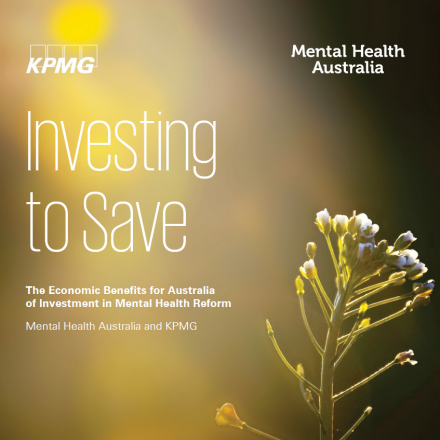A practical guide for working with carers of people with a mental illness
In any given year, almost two and a half million people care for a person with mental illness in Australia.
Too often, when dealing with organisations providing treatment and care, these same carers can end up feeling left out of the process of creating the care their loved one needs. Now, existing services and programs have access to a new Guide that will enable them to work with, and draw on the expertise of carers when designing and implementing care and ‘packages’ of care for people with mental illness.
This ‘Practical Guide for Working with Carers of People with a Mental Illness’ was created by a consortium of experts in mental health care, including Helping Minds, Mind Australia, Private Mental Health Consumer Carer Network (Australia), Mental Health Australia and Mental Health Carers ARAFMI Australia.
“The main aim of the Guide is to provide practical assistance to providers to work with carers in a meaningful, mutually beneficial way. A partnership approach, if you like, which will enhance outcomes for consumers,” Independent Chair of the Project, Mr Patrick Hardwick (President of Helping Minds) said today.
“Better recognition that carers are key partners in the planning and provision of mental health care makes sound social and economic sense.” Mr Hardwick added “the primary outcome of the Guide, when implemented within a service, will be an enhanced practice of engaging, supporting and working with carers in all areas in which mental health care is provided.”
The Guide has drawn on previous work undertaken in Australia and internationally. In the UK practical partnership models have been systematically embedded over the past seven years using a ‘Triangle of Care’ model.
“We examined the applicability of this model for Australia and reached agreement regarding a way forward to ensure therapeutic alliances are developed between service providers, consumers, families and other carers in order to promote safety, support recovery and sustain wellbeing,” Mr Frank Quinlan (CEO Mental Health Australia) said.
“In too many circumstances the mechanisms to enable participation in treatment, management and discharge plans can end up excluding the very people who are often responsible for ensuring the plans are actioned. This Guide helps address that” said Mr Hardwick.
“We have been very pleased to be part of the development of this fantastic Guide, these are exciting times,” Mr Hardwick said.
The Guide can be accessed free here: www.mindaustralia.org.au
Media - Mr Patrick Hardwick - 0412 231 309
| Attachment | Kind | Size |
|---|---|---|
| 2.12 MB |




